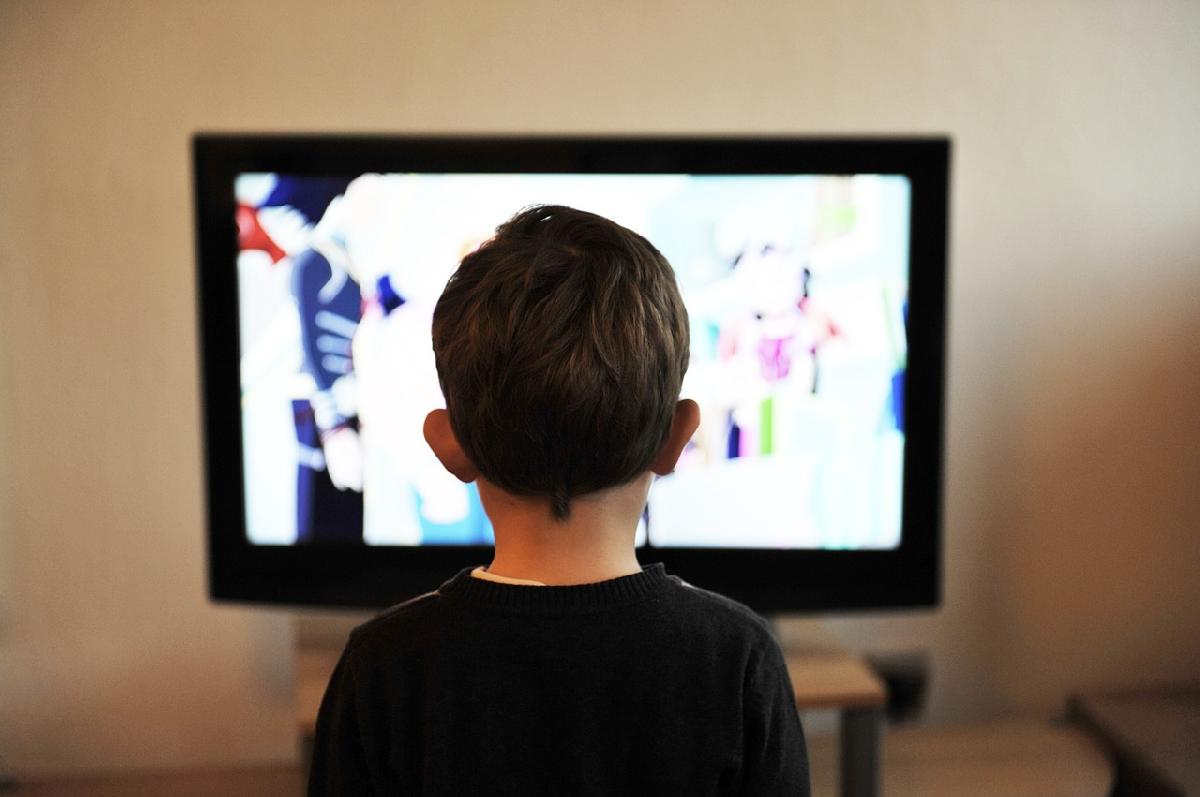Members of an EU/EEA country or Switzerland can work in Paris without a visa, but most other nationalities will need a work visa to be able to legally live and work in France.
Your employer will organise the arrangement of your work visa dependant on the duration of your employment.
If you’re working for less than 90 days (3 months), your employer will first need to get you a temporary work permit approved through the French Ministry of Labour or DIRECCTE (Direction regionale des enterprises, de la concurrence et de la consummation, du travail et de l’emploi). For those working in science, education or research, their employer will need to get a convention d’accueil stamped at the local préfecture.
Citizens of certain countries are allowed to work with with just a stamped convention d’accueil, so check to see whether you qualify.
Otherwise, after these are approved, it will be sent to the French embassy in your country where you can finalise the visa application process.
If you’re working for more than 90 days, you will need a long-term stay visa (visa de long séjour) which includes your residence permit. Your employer will start by sending your work contract to DIRECCTE, which once it’s approved is sent to the Office Francais de l’Immigration et de l’Integration (OFII).
Once the OFII has approved it also, it will be sent to the French embassy or consulate in your home country where you can make an appointment to finalise your application in-person.
There are also many other types of work visas for specific types of work that you may fall under, so investigate these too.
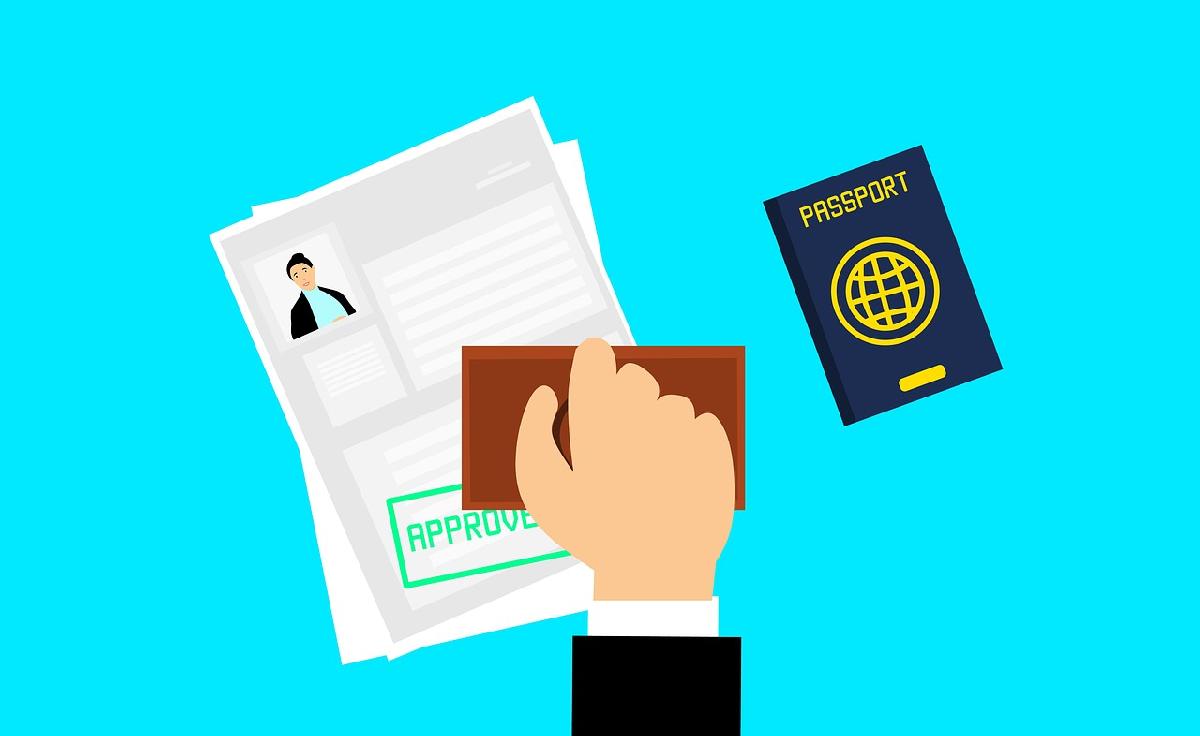
Within 3 months of arriving you’ll have to register with OFII to notify the Paris authorities of your commencing residence. This registration includes an interview and medical examination which can take a while to book in, so we recommend you do this earlier rather than later.
If you are staying less than 3 months, or you don’t have a long-stay visa then you will have to register with the local government to get your residence permit (carte de séjour).
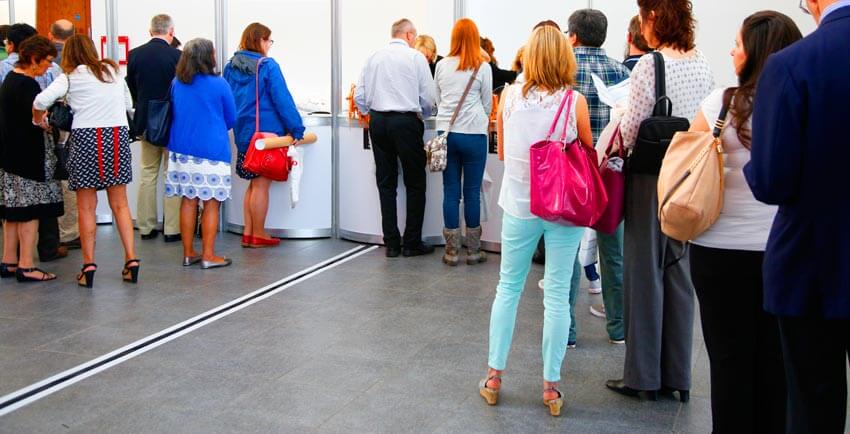
Having a French bank account can make getting paid your wages or paying tax a lot easier, and in some cases it may be mandatory. Even those already holding a European bank account may benefit from opening a French account due to reduced fees. Fortunately, many of the banks allow foreigners to open a bank account before they become a resident so everything will be ready only our arrival.
Otherwise, you’ll need to take your passport or ID, proof of your new address in France, and your residence permit to your appointment. Your account should be open that day, although to receive your bank card and chequebook could take upto 10 days. With this in mind, it’s a good idea to travel with an internationally accepted bank card, or enough Euros to last you during this period.
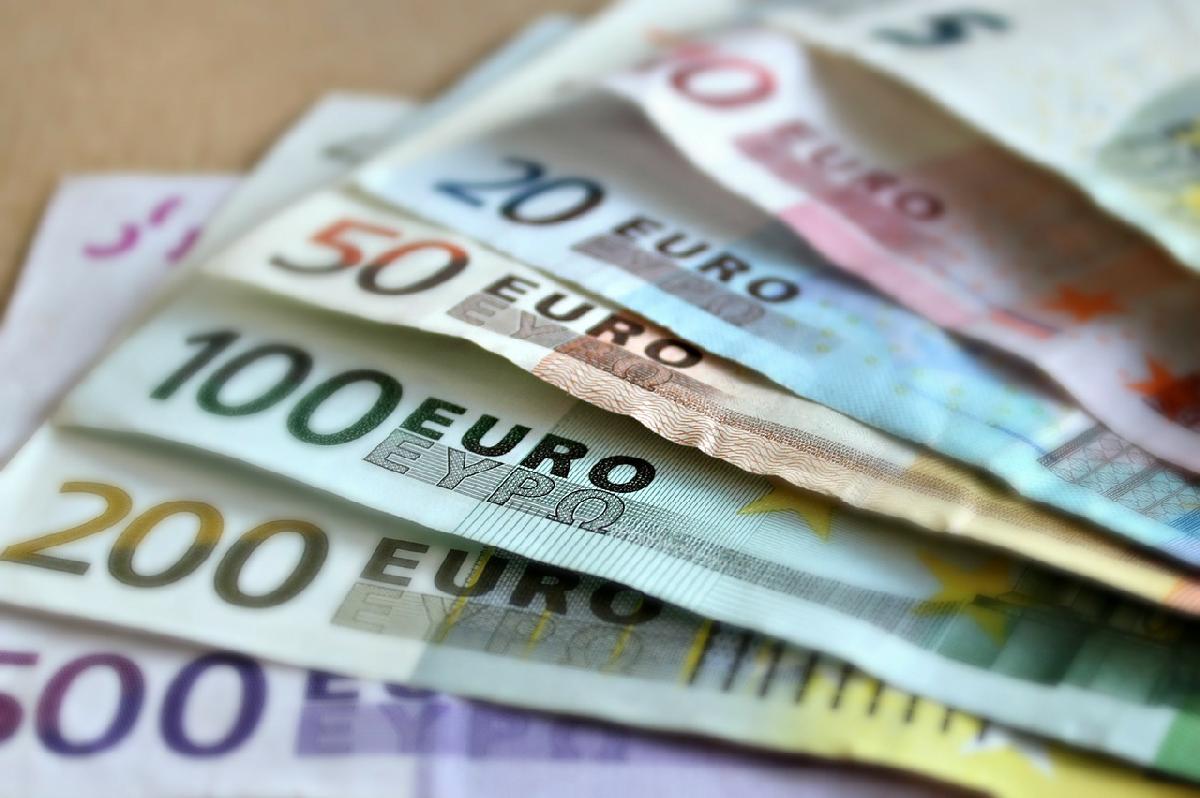
France has one of the best healthcare systems in the world, but to access it you are legally required to have mandatory health insurance.
Don’t worry though, most people are covered by the state healthcare system (sécurité sociale). Just ensure you sign up with CPAM (Caisse Primaire d’Assurance Maladie) upon your arrival, your employer should be able to help you with this. After three months in employment, your application will be finalised and you will be granted your healthcare card (carte vitale). Now you’re free to access most health services.
For those who don’t qualify for state healthcare, or would like increased medical coverage (the state doesn’t cover all medical costs), can opt in for private medical insurance or assurance maladie. This should cover any dental, vision, long-term hospitalisations or serious disease costs. Your employer may have a healthcare scheme where they contribute towards a percentage of your fees so make sure to ask. Otherwise, most banks and specialist providers will provide top-up insurance (mutuelle).
It’s likely you’ll still have to pay for things like doctors and dentists appointments up front, with sécurité sociale reimbursing you a percentage of the fee back into your account. Those with private insurance will be further or fully reimbursed depending on their premium.

Many landlords will require you take out house insurance. Make sure to do so if so, if the landlord requests your proof of insurance and your fail to supply it, this is grounds for eviction or the landlord will simply purchase insurance on your behalf (and I doubt they'll take the time to shop around for the best deal).
Don’t fall into the trap of taking out an expensive insurance plan back home, as there are many cheaper options in France. It’s wise to get some even if your landlord doesn’t require it, as it covers water damage, fire, explosion and theft in your home. If you’ve bought a property, this is a no brainer.
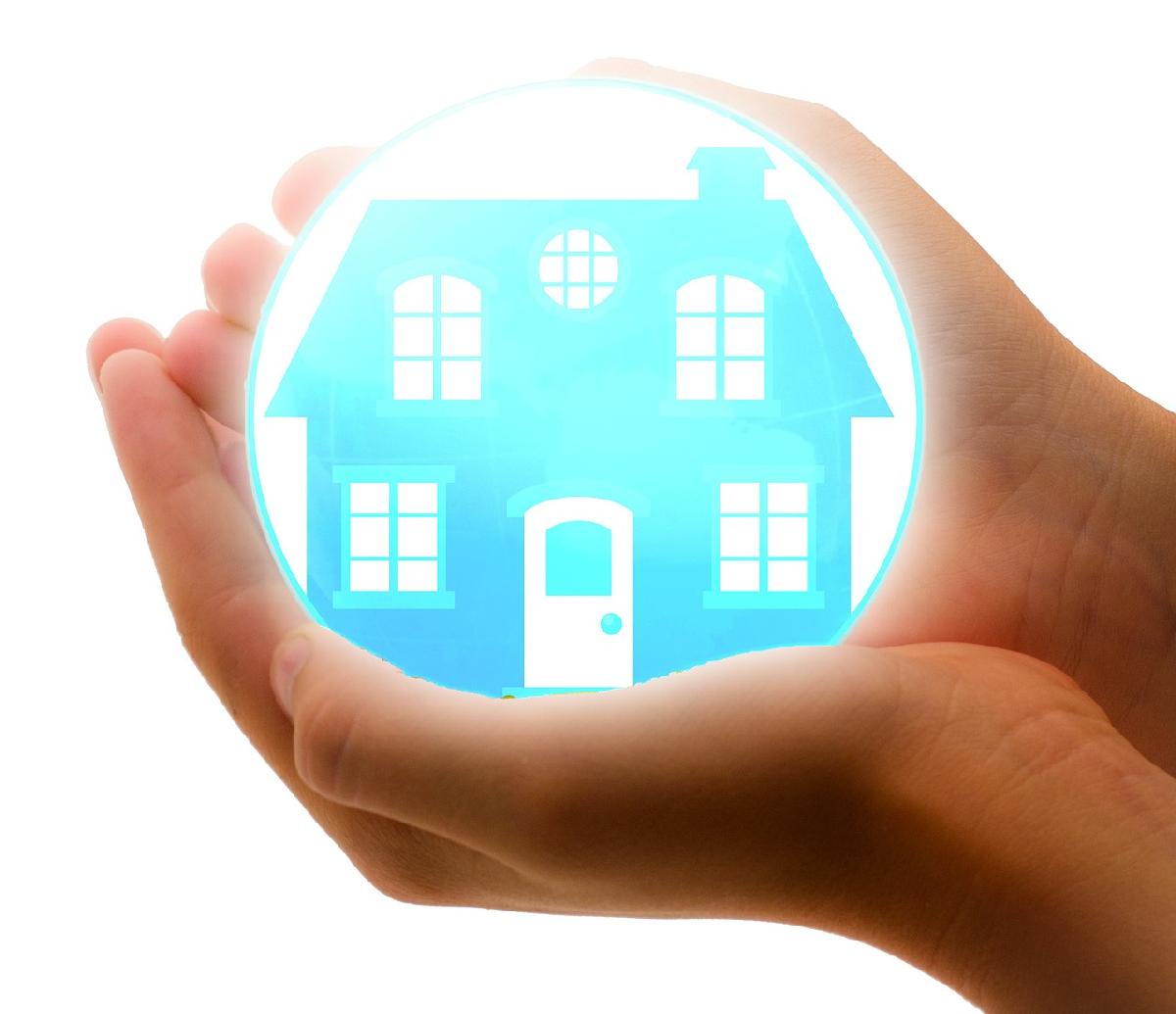
It’s your responsibility to ensure your gas and water remains connected, so make sure to reach out as soon as you move in. Also, take note of the initial meter readings to ensure you’re charged the correct amount of usage from day one.
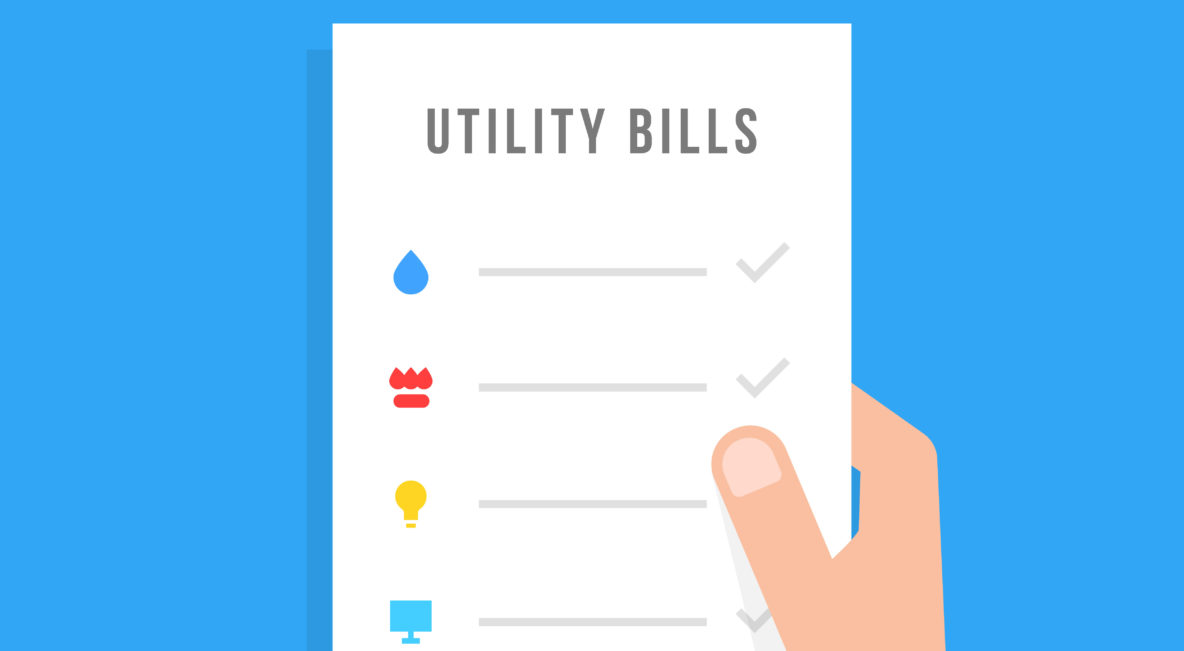
To get internet access and a landline telephone you’ll need a provider for both (or a combination package) and to setup a new line.
Paris is classified as a zone de dégroupage total which means you’ll be able to shop around for cheaper competitors as the phone and internet infrastructure has been unbundled. You’ll have access to high speed fibre optic and ADSL internet depending on your area and which provider you choose. The main four are Orange, SFR, Bouygues Telecom, and Free.
With VOIP services like Skype, alongside smartphone apps like Whatsapp, landlines are becoming a thing of the past. That said, if you do wish to open up a landline you’ll need to approach France Télécom with proof of identity and proof of address to get a telephone number.
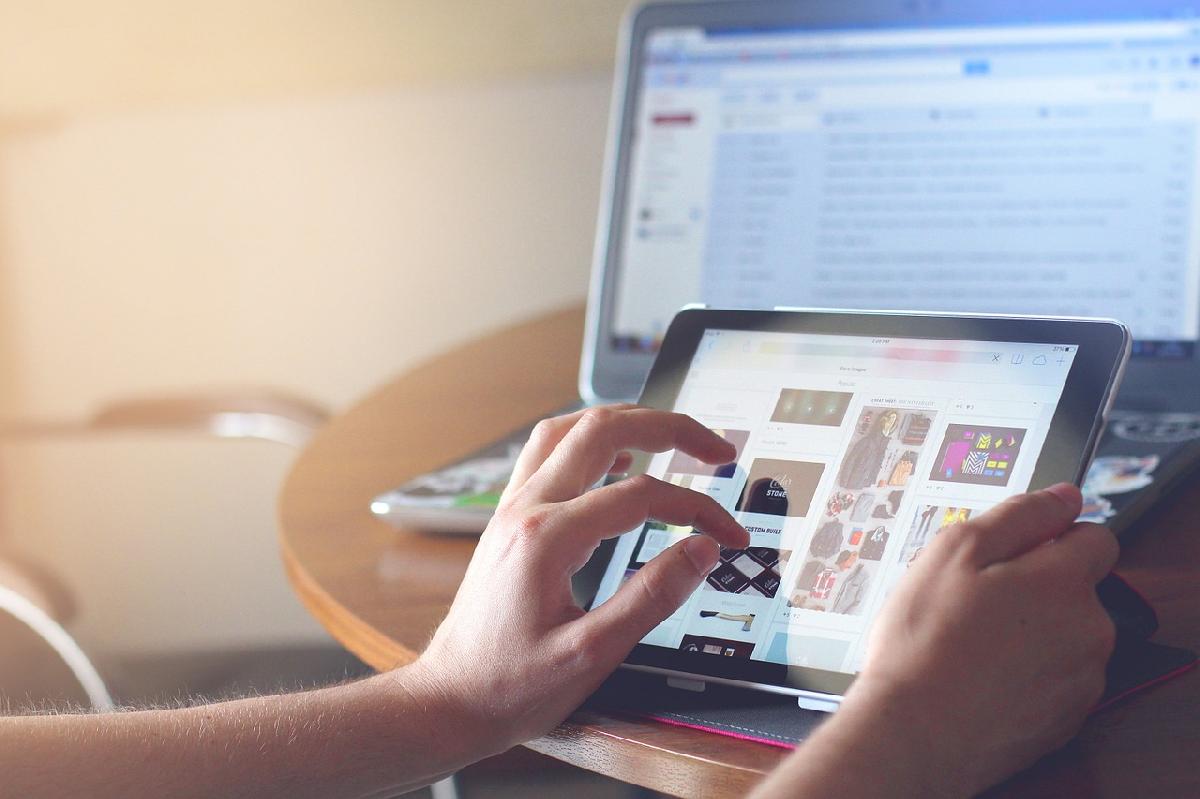
To watch TV you will be required to pay for your TV license (redevance audiovisuelle). This is included with you yearly occupier’s tax (taxe d’habitationor) which everyone who rents or owns a property must pay if they occupy that property on January 1st.
